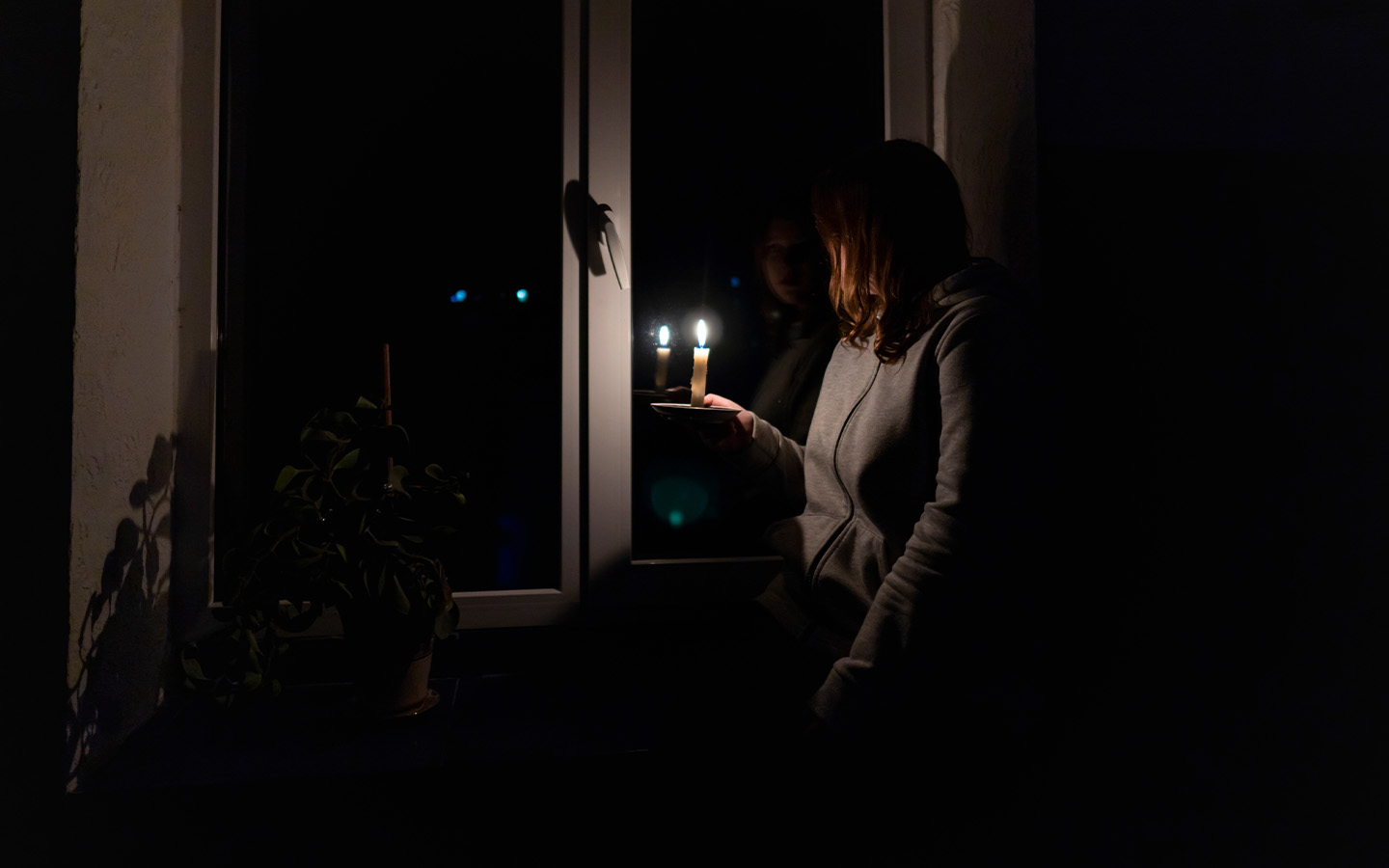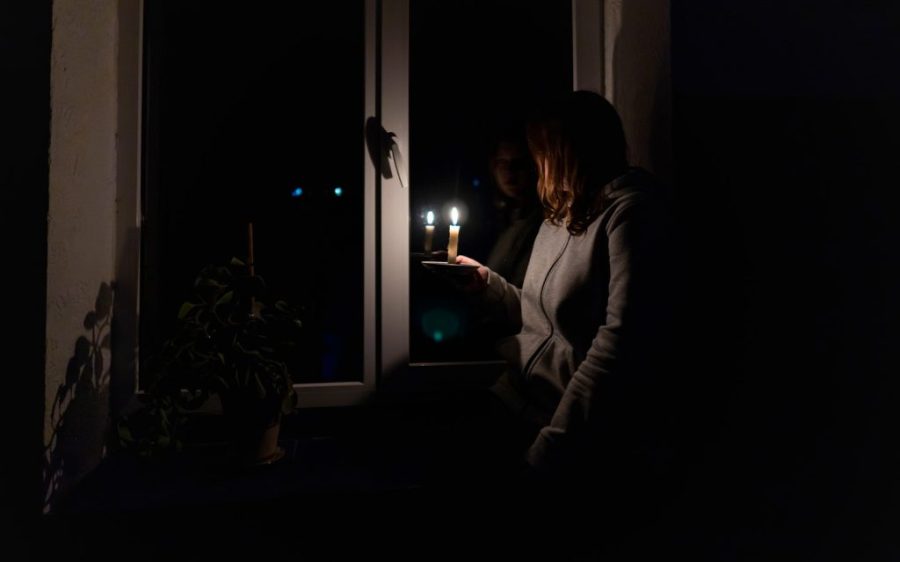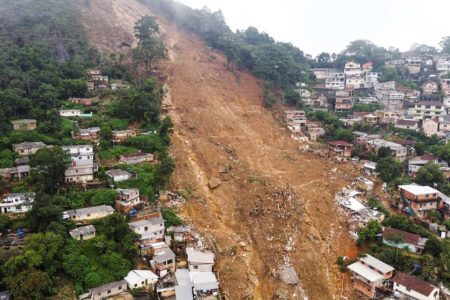A massive power outage plunged Portugal into chaos late Monday, according to multiple media reports, bringing much of the nation to a standstill and prompting emergency measures from the government. The blackout also severely affected neighboring Spain and parts of southern France.
The incident began around just after 11:30 am local time and quickly escalated, grounding planes, halting public transport, and forcing hospitals to suspend routine operations. Portugal’s Prime Minister, Luis Montenegro, convened an emergency cabinet meeting at his residence as the situation unfolded. While Montenegro ruled out a cyberattack as the initial cause, uncertainty surrounds the exact reason for the outage.
Portuguese officials pointed to issues outside their country as the source of the blackout. Cabinet Minister Leitao Amaro stated that the incident appeared to stem from problems with the distribution network, likely in Spain. Portuguese distributor E-Redes further indicated that the outage was due to “a problem with the European electricity system.”
The scale of the outage was significant. Spanish Prime Minister Pedro Sanchez reported a loss of 15 gigawatts of electricity generation in just five seconds, equivalent to 60 percent of national demand.
[See more: Portugal’s President Marcelo Rebelo de Sousa will visit Macao in June]
In Portugal, grid operator REN reported that 750,000 customers had their power restored by Monday night. However, the capital city of Lisbon remained without electricity for some time. Prime Minister Montenegro assured the public that state officials were working tirelessly to restore connectivity to the affected areas.
The blackout caused significant disruption in Lisbon. Airport terminals were closed, and tourists were left waiting for updates on their flights. While emergency generators allowed essential operations to continue at Porto and Faro airports, Lisbon airport operated with limitations.
As the situation developed, Prime Minister Montenegro posted on X, stating, “We are in constant contact with security forces, civil protection, the armed forces, hospitals, and fuel supply companies to ensure response capacity in essential infrastructure and support for those in need.”
The incident has sparked considerable concern about the reliability of critical infrastructure in Portugal.
This story was prepared by AI before being reviewed by an editor






